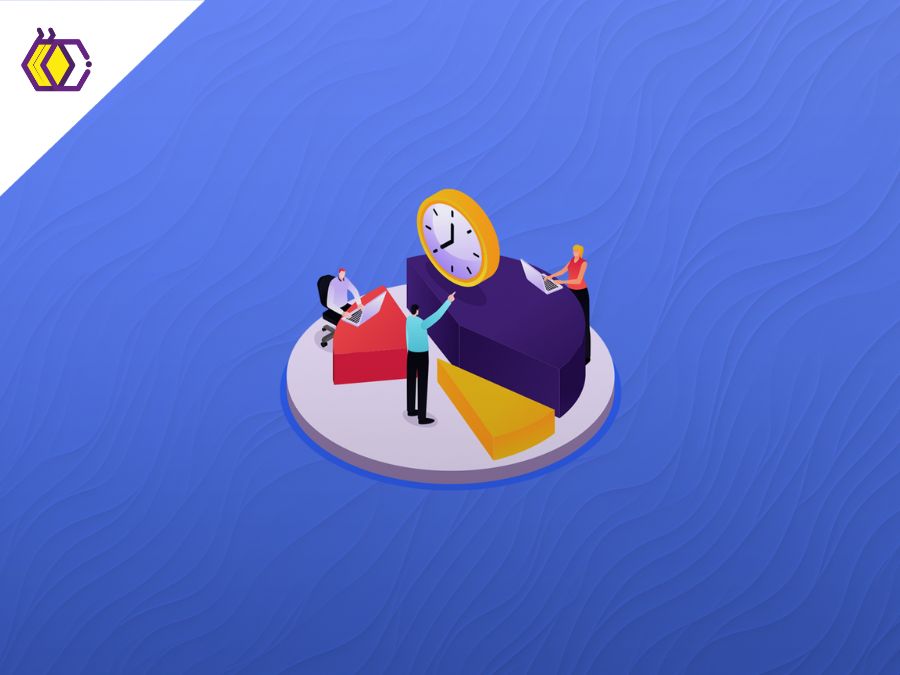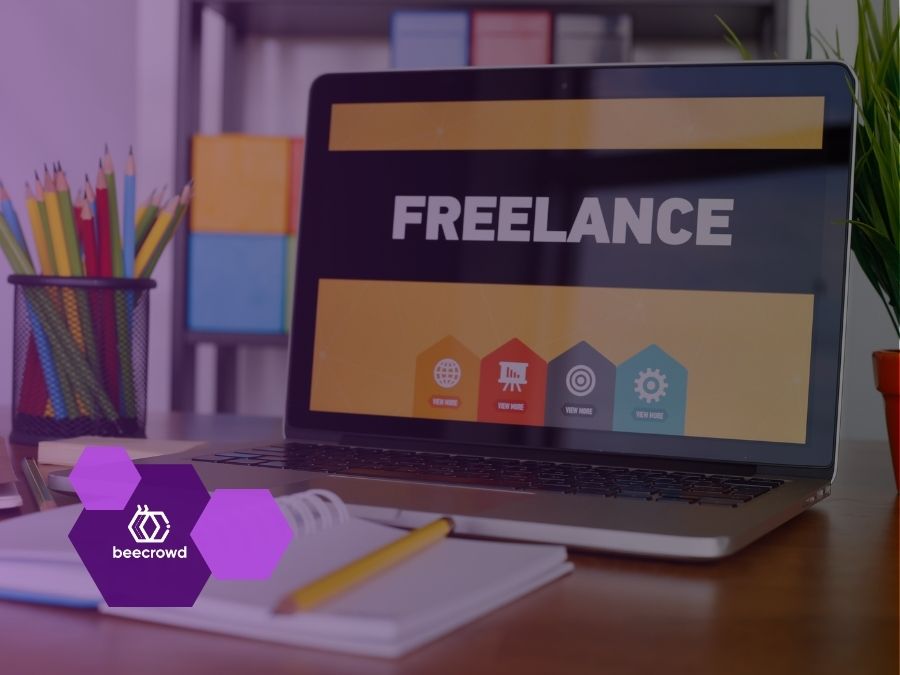

Time Management and Productivity
(5 minutes of reading) We live in a fast-paced world, where the pressure for fast deliveries and constant technological evolution can lead to exhausting journeys. However, it is crucial to remember that true success is not just in the quantity of code we produce, but in the quality of our work and, most importantly, our well-being. In today's text we will give tips on how to manage time and productivity well, without neglecting well-being. Come read! REDEFINING PRODUCTIVITY The myth of maximalist productivity is outdated. The goal is not simply to work harder, but to work smarter. Prioritizing tasks, using techniques like Pomodorohttps://beecrowd.com/blog/dicas-antiestresse-para-desenvolvedores/, and setting realistic limits for your day are valuable strategies. After all, well thought out and elaborate code is more valuable than lines of code without purpose. ACTIVE BREAKS AND MENTAL REST Long uninterrupted screen time can result in mental and physical fatigue. Incorporating active breaks, light exercise and moments of disconnection is crucial. A rested mind is more creative, focused, and capable of solving complex problems more efficiently. THE IMPORTANCE OF SLEEP Sleeping well is an investment in your professional performance. Lack of sleep not only impairs concentration, but also negatively affects long-term health. Establishing a consistent sleep routine and ensuring adequate hours of rest is an essential part of time management and productivity. SET REALISTIC GOALS Setting ambitious goals is inspiring, but unattainable goals can generate unnecessary stress and frustration due to not being able to achieve them. By setting realistic goals, you avoid overwhelming while maintaining a healthy work-life balance. LEARN TO SAY NO Being selective about projects and tasks is a valuable skill. Saying no when necessary, not only helps you stay focused on priorities, but also preserves your energy for what really matters. FOSTERING A SUPPORTIVE CULTURE Healthy teams promote the well-being of each member. Encourage open communication about workload, offer mutual support, and foster an environment where developers feel comfortable expressing their concerns. MINDFULNESS AND EMOTIONAL MANAGEMENT The practice of full attention, or mindfulness, is a powerful tool for developers. Taking a few minutes to meditate, focus on your breathing, and being present in the moment can reduce stress, increase mental clarity, and improve decision-making. Furthermore, understanding and managing emotions is essential for a healthy work environment. CONSTANTLY LEARN AND GROW Investing in continuous learning is an effective way to stay up to date and, at the same time, stimulate personal development. However, it is crucial to balance the desire to learn with the need to rest. Choose learning methods that align with your pace and that add significant value to your work. AUTOMATION AND OPTIMIZATION TOOLS Technology is here to help us. Use automation and optimization tools to simplify repetitive tasks and save time for more complex and creative activities. Automating processes not only increases efficiency but also reduces fatigue related to tedious tasks. NETWORKING AND EXPERIENCE SHARING Nothing beats collective wisdom. Participating in communities, developer groups, and networking events provides opportunities to share experiences, learn from others, and build valuable support. Connecting with colleagues who share similar challenges can be rejuvenating and motivating. FLEXIBILITY AND BALANCE Promoting a flexible work environment, when possible, is critical to developer well-being. The ability to balance time between work and personal life contributes to a more balanced and sustainable mental state. CONTINUOUS EVALUATION AND ADJUSTMENT OF STRATEGIES Time and productivity management is not static. It is a practice in constant evolution. Regularly evaluate your strategies, identify what works best for you, and be willing to adjust your approach as needed. Ultimately, time and productivity management must be seen as a continuous journey, adapting to changes in professional and personal demands. Prioritize your well-being, as a healthy and balanced programmer is more productive, creative and, above all, happy. Don't forget: brilliant code comes from a mind that shines equally. In short, the search for well-being in time management and productivity is an individual journey. While we strive for code excellence, we cannot neglect the essential care we must take with ourselves. A programmer who prioritizes their own well-being is an asset to any development team. Remember: balance is the key to a long-lasting and meaningful career. Keep coding wisely and healthily!
Share this article on your social networks:
Rate this article:
[yasr_visitor_votes size=”medium”]



